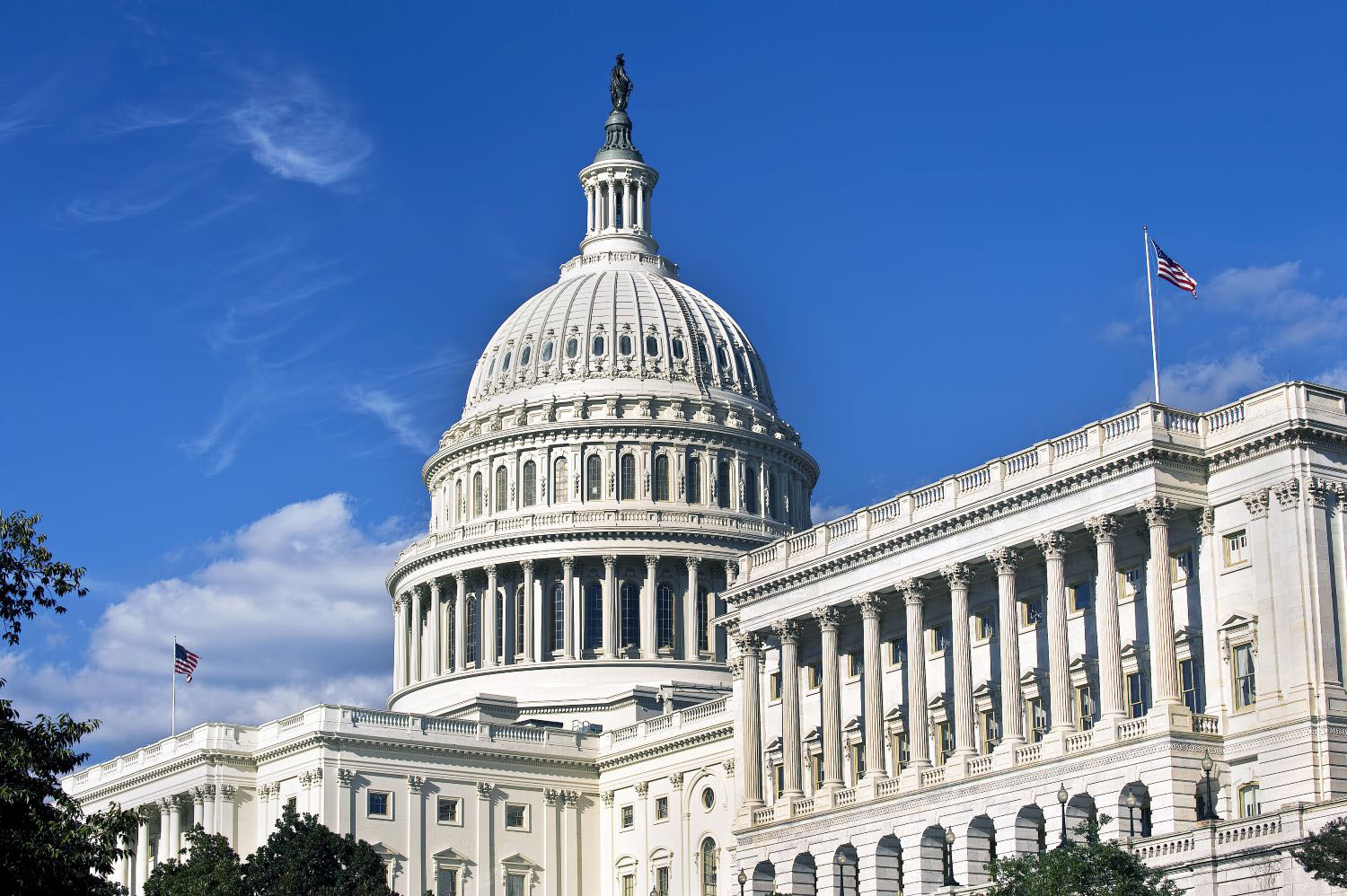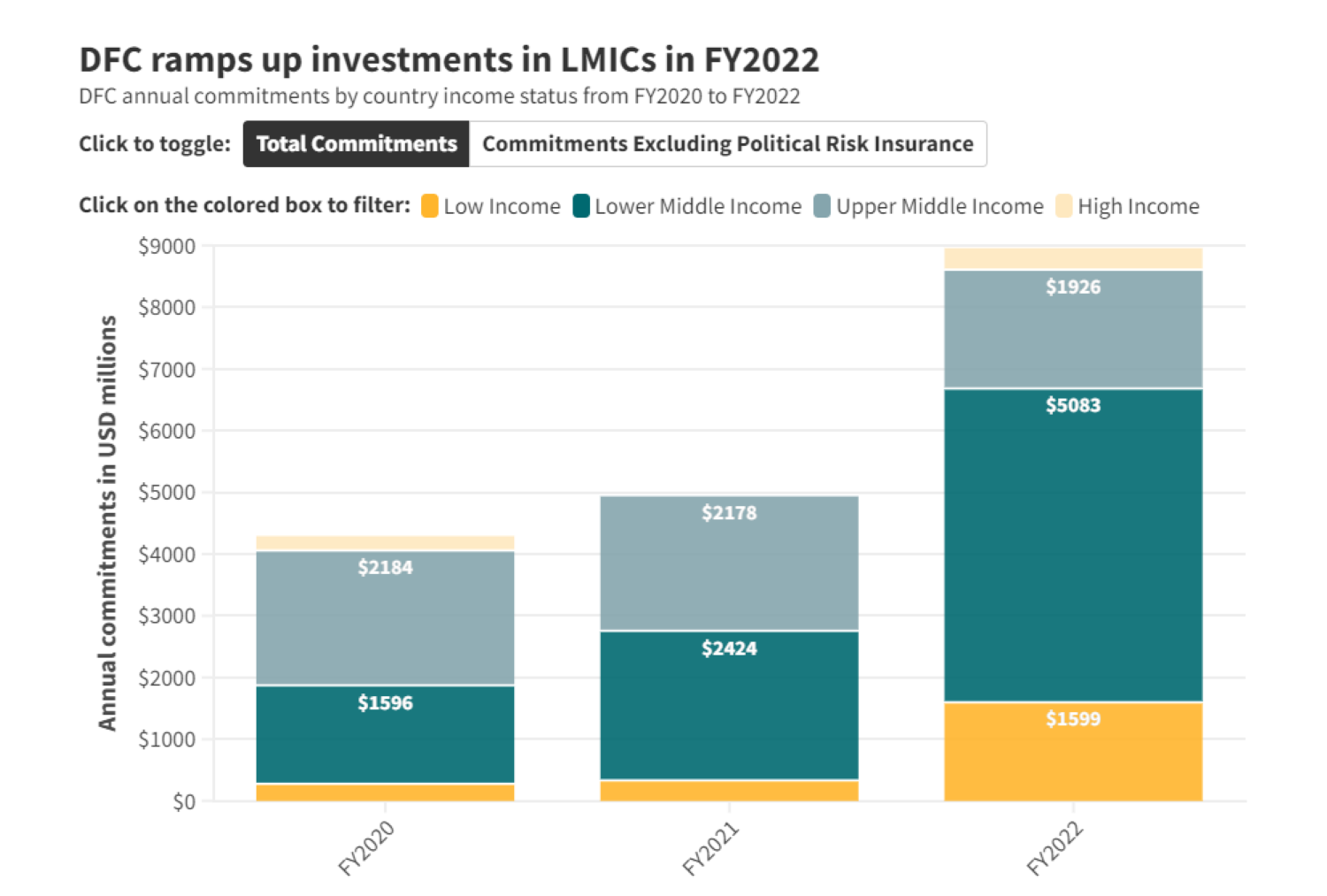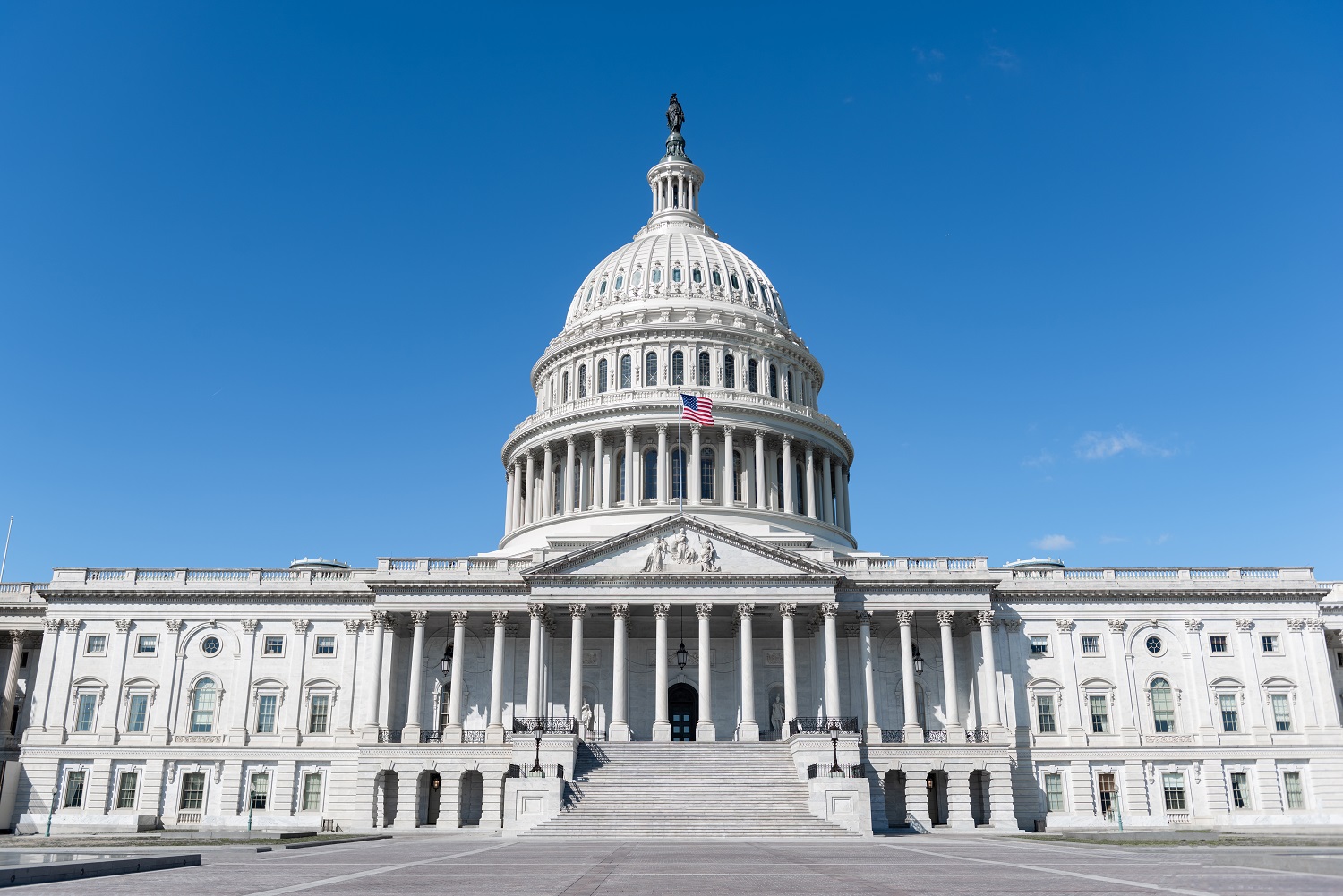Bipartisan support for the Electrify Africa Act (HR. 2548) recently got a further boost when the Congressional Budget Office (CBO) issued its cost estimate. The CBO expects that the bill will entail negative budgetary outlays of roughly $86 million over its five-year period (2014-2019). For the layman, this means that the bill won’t cost taxpayers anything. Instead, it will actually contribute to deficit reduction. This is because of the Overseas Private Investment Corporation (Jen Olson from ONE explains why here), which is expected to play the lead financial role in promoting energy access in Sub-Saharan Africa.
As expected, the CBO scoring has led to an influx of Republican support for the bill. Within two weeks, fifteen more Republican representatives had signed on as co-sponsors, along with six Democrats. In total, the bill now has 82 co-sponsors (nearly 20 percent of the House of Representatives).
Tweet this
Source: Congress.gov
While the CBO estimate helped open the door, the ONE Campaign and its grassroots network of roughly 2 million Americans have been pressuring members to step through it. Last month, their volunteers had over 200 meetings on Capital Hill pushing for bipartisan energy poverty legislation. It’s no coincidence that the number of co-sponsors has almost doubled since then.
As I’ve said before, the way this is playing out reminds me of PEPFAR in the early 2000s. And that means very good things for the durability of President Obama’s Power Africa initiative.
CGD blog posts reflect the views of the authors, drawing on prior research and experience in their areas of expertise.
CGD is a nonpartisan, independent organization and does not take institutional positions.





